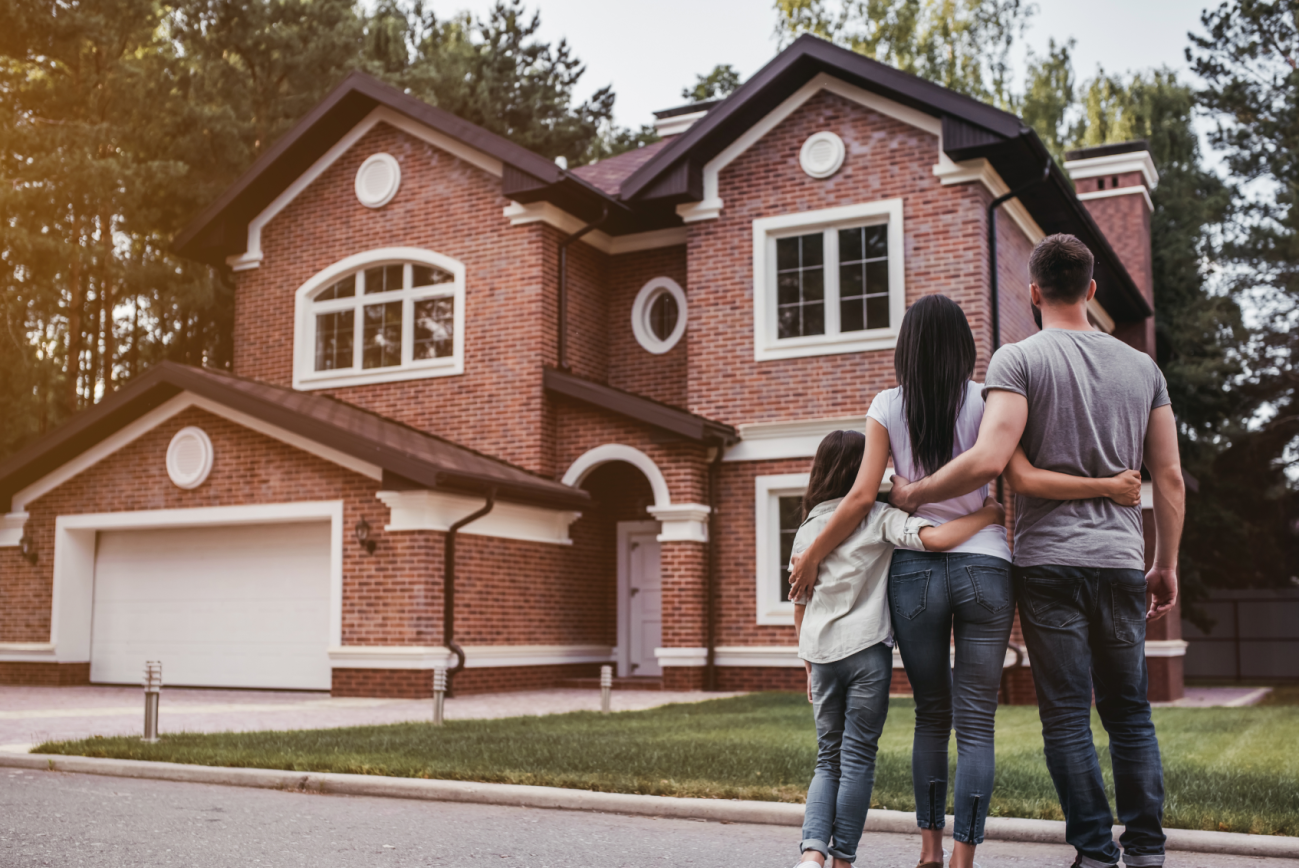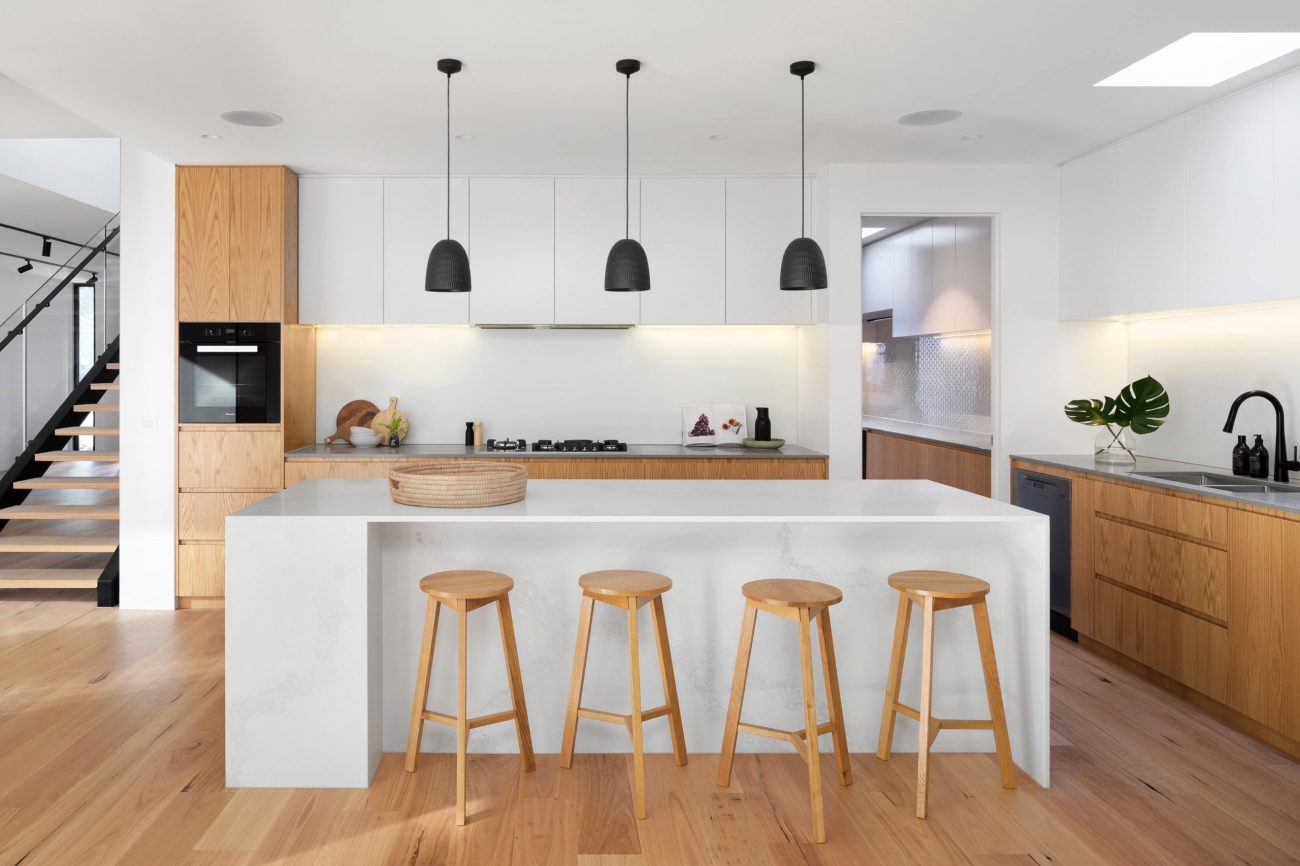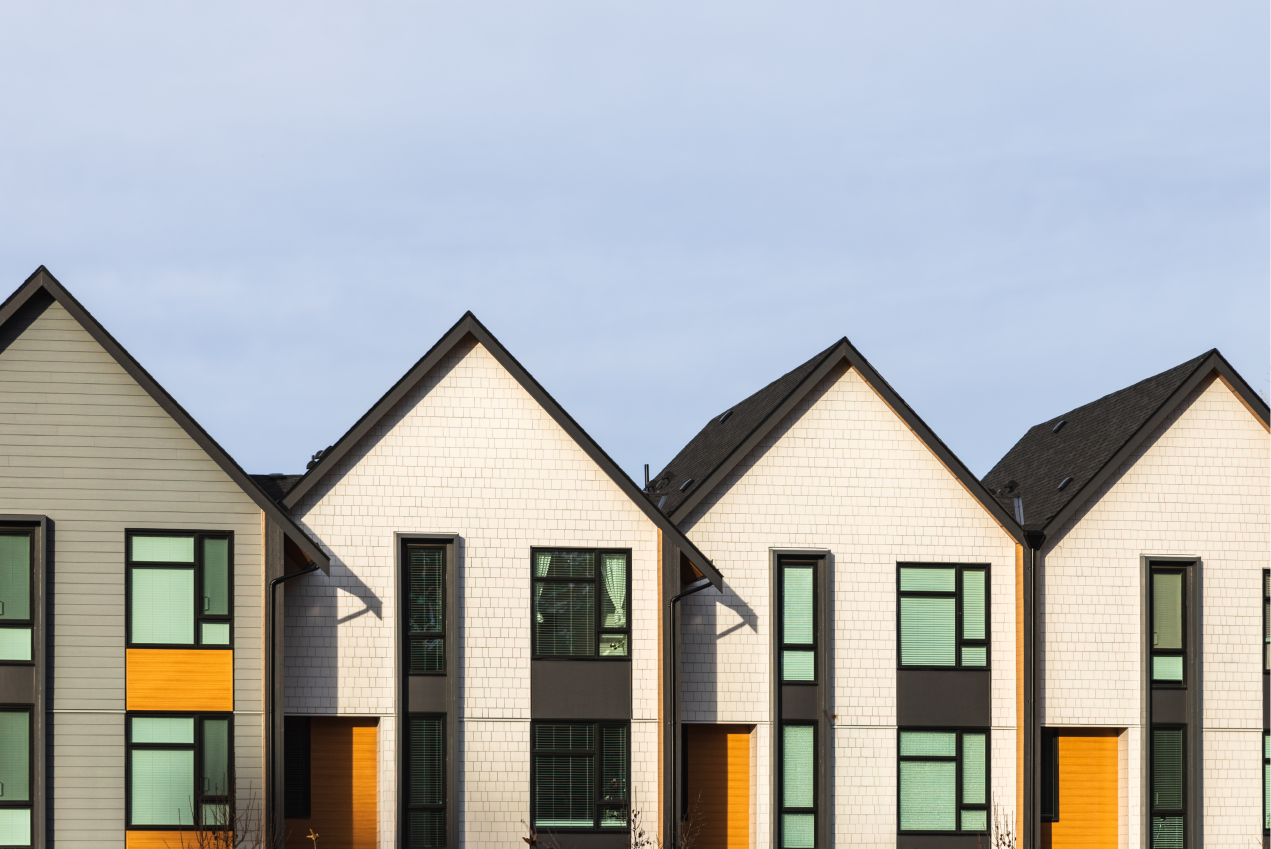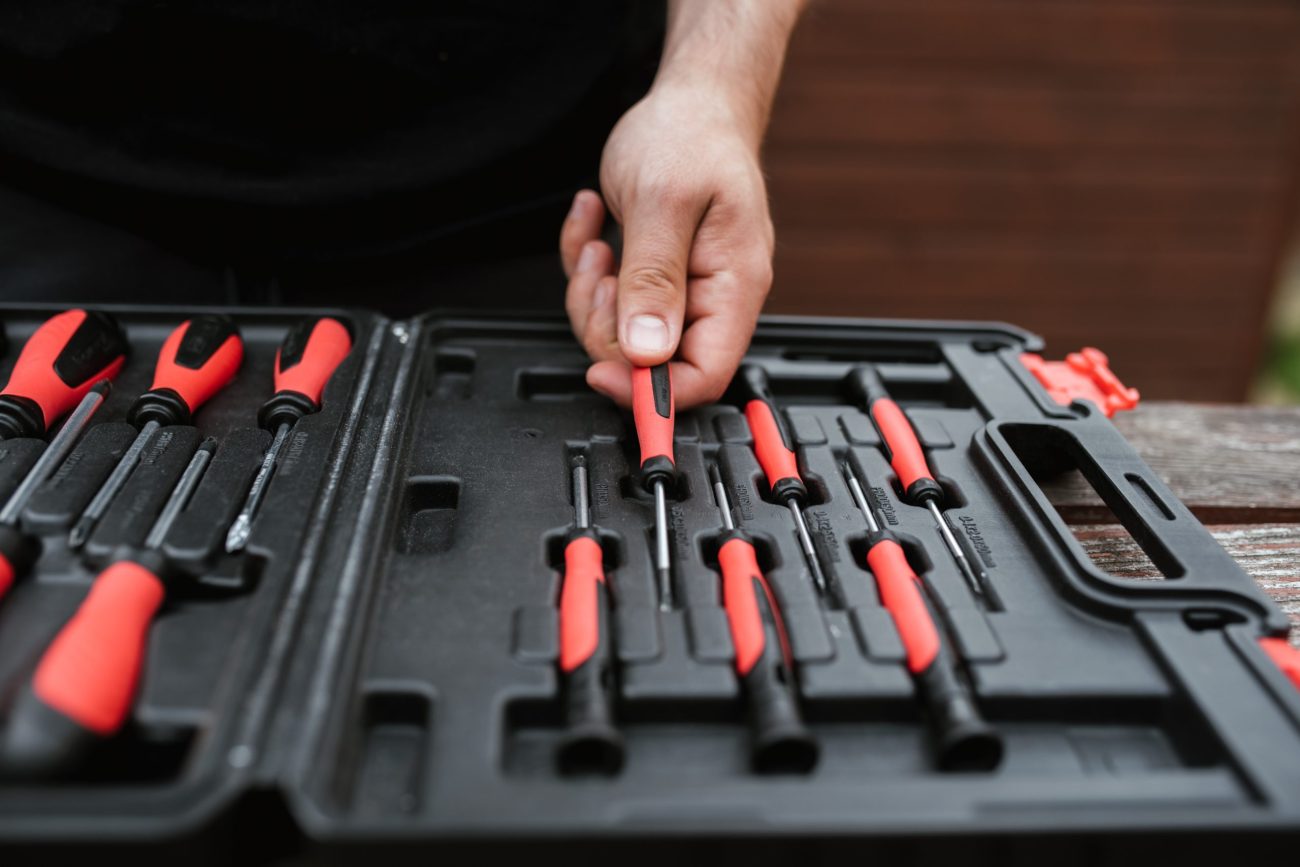Home insurance covers your home in case of damage, theft, or loss. A great home insurance policy can also compensate you and your family if there’s a natural disaster, or if someone injures themselves in your home or yard. Some may even pay for a hotel stay or rental while repairs are made to your home.
A more comprehensive home insurance policy also covers the contents of your home, so you can feel good knowing that your designer shoes or your priceless family heirloom are covered in case of theft or disaster. But choosing the right policy means understanding home insurance, so here’s how to choose a policy that’s right for you.
What does home insurance cover?
From natural disasters, like fires or floods, to someone who breaks their foot on your front steps, home insurance can provide coverage that lets you rest easy. Home insurance policies vary, but can cover a variety of events, including damage or loss to your home, theft or loss of personal possessions or valuable items, injury or damage to others visiting your property, and damage to someone else’s property. Coverage typically includes you and your direct family members. Some policies overlap with other forms of insurance including car, business, and disaster insurance.
Types of coverage
Different kinds of home insurance cover you in various situations, so you’ll likely need a combined policy to cover your property, home, and possessions.
- Personal property coverage: This coverage can apply to your vehicle, personal possessions, and any valuables you own.
- Liability coverage: Liability coverage protects you in the case of damage or injury to other people or their property or possessions.
Types of policies
Home insurance policies generally operate in tiers, with varying levels of coverage.
- Comprehensive policies include extensive coverage, including damage or risks to your home and possessions. But look out for exclusions; like damage caused by flooding or earthquakes.
- Broad policies are similar to comprehensive policies, but they only cover contents or possessions that are specifically named in the policy. So you need to list and insure every item, along with their value, in the policy itself. If a valuable item was destroyed but not named in the policy, it would not be covered.
- Standard policies offer less protection and the coverage is specific to particular listed events.
- No-frills policies only cover baseline risks and damages, and often apply to homes that don’t allow for traditional insurance policies.
Important tips for buying home insurance
- Read your policy carefully and ask detailed questions to fully understand what is and is not covered by your policy. Get a full understanding of what sort of settlement you could expect if you made a claim.
- Shop around and compare different insurance policies to find one that has the right kind of coverage for you.
- Get acquainted with unexpected and predictable events as described in your policy. Perhaps fire damage is covered, but if you cause the fire by neglecting home maintenance, your policy might not cover your damages. Unexpected events like earthquakes might be specifically excluded from your policy as “perilous events.” Take a close look and get to know your policy inside out.
- List the items you’d like to cover and the cost or replacement value of each—as well as the make or model, serial numbers or codes, receipts for their purchase (if available), and photos of each item. Organizing all this information can help establish how much coverage you’ll need and ensure you’re organized for future claims or losses.
Is home insurance mandatory in Canada?
If you purchase your new home or property with a mortgage, you’ll be required to obtain insurance and your lender will require proof of suitable home insurance before closing on your home. But, if you purchase your home in full, home insurance is not legally required in Canada.
How much is home insurance?
Insurance costs vary based on your home’s materials, construction type, safety systems, risk factors, crime rates, plumbing, and even your proximity to the closest fire hydrant. Your insurance might cost more if you have an outdated electrical system with a higher fire risk, or if you’re planning on doing in-depth renovations.
The province you’re purchasing in will affect your insurance costs; Quebec has the lowest home insurance costs, and British Columbia typically has the highest. The valuable items you include in your policy will also impact your rate. Shop around for home insurance and get a quote using the postal code of your potential property to get a sense of how much your insurance might be.
Is apartment or condominium coverage different from home insurance?
If you buy an apartment or condominium property, the corporation that owns the property will have a policy that covers the exterior of the building and common indoor spaces. Your own home insurance for an apartment or condo will include the interior of your own living space, the contents of your home, your patio, and other personal spaces, like your storage locker.
Find guidance for your home search with Houseful
With top-rated, local real estate agents, expert mortgage professionals, and personalized home recommendations, Houseful is here to guide you through each step of the homebuying process.
This article offers general information only and is not intended as legal, financial or other professional advice. A professional advisor should be consulted regarding your specific situation. While the information presented is believed to be factual and current, its accuracy is not guaranteed and it should not be regarded as a complete analysis of the subjects discussed. All expressions of opinion reflect the judgment of the author(s) as of the date of publication and are subject to change. No endorsement of any third parties or their advice, opinions, information, products or services is expressly given or implied by Royal Bank of Canada or its affiliates.
Browse the newest listings in your area
OJOHome Canada Ltd. (“Houseful”) is a wholly-owned subsidiary of Royal Bank of Canada
20 King Street West, 8th Floor
Toronto, ON, Canada, M5H 1C4
833-709-1946
IDX information is provided exclusively for consumers’ personal, non-commercial use and that it may not be used for any purpose other than to identify prospective properties consumers may be interested in purchasing. Information deemed reliable but not guaranteed to be accurate. Listing information updated daily.
Houseful is committed to ensuring accessibility for individuals with disabilities. We are continuously working to improve the accessibility of our web experience for everyone. We welcome feedback and accommodation requests, please submit them here.
The trademarks REALTOR®, REALTORS®, and the REALTOR® logo are controlled by The Canadian Real Estate Association (CREA) and identify real estate professionals who are members of CREA. The trademarks, Multiple Listing Service® and the associated logos are owned by CREA and identify the quality of services provided by real estate professionals who are members of CREA. Used under license.
Please use the following address to send referral payments:
Lockbox: OJOHome Canada Ltd. PO Box 9479, Stn A, Toronto, ON M5W 4E1
Lockbox Number: T09479C
® / ™ Trademark(s) of Royal Bank of Canada. Used under licence.




